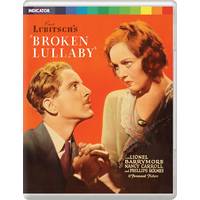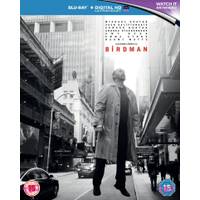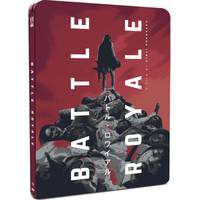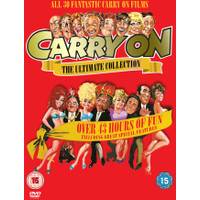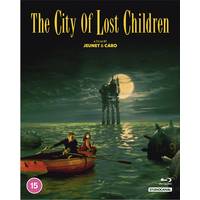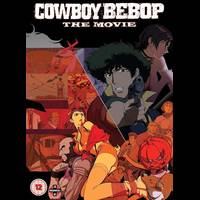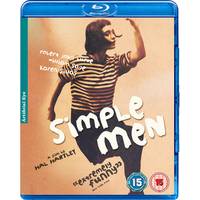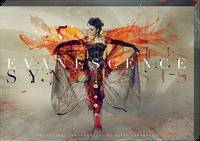CRITERION COLLECTION Masculin Féminin - The
Description
Masculine/Feminine was Jean-Luc Godard's first (but not the last) foray into the burgeoning Children of the Sixties generation-or, as Godard described it, the children of Marx and Coca-Cola . Impressionable teenager Jean-Pierre Leaud tries to make sense of the world by working as an interviewer for a research firm. Meanwhile, Leaud cohabits with aspiring singer Chantal Goya, with two additional young ladies joining the nocturnal festivities. Leaud jumps or is pushed from a window, leaving a pregnant Goya to move on to the next aimless youth she meets.While the nominal hero has failed to find fulfillment in personal relations, another male protagonist (Micheal Deborb), a political activist, is luckier - an indication that the director favored revolutionary politics over simple emotionalism at this point in his career. Though Godard's free-form style is usually opposed to linear storytelling, Masculine Feminine has solid literary roots, having been inspired by two Guy de Maupassant.Special Features:New 4K digital restoration, approved by cinematographer Willy Kurant, with uncompressed monaural soundtrackInterview from 1966 with actor Chantal GoyaInterviews from 2004 and 2005 with Goya, Kurant, and Jean-Luc Godard collaborator Jean-Pierre GorinDiscussion of the film from 2004 between film critics Freddy Buache and Dominique PaïniFootage from Swedish television of Godard directing the film within the film sceneTrailersPLUS: An essay by film critic Adrian Martin and a 1966 report from the set by French journalist Philippe Labro
You may also like
loading
Discover more









































